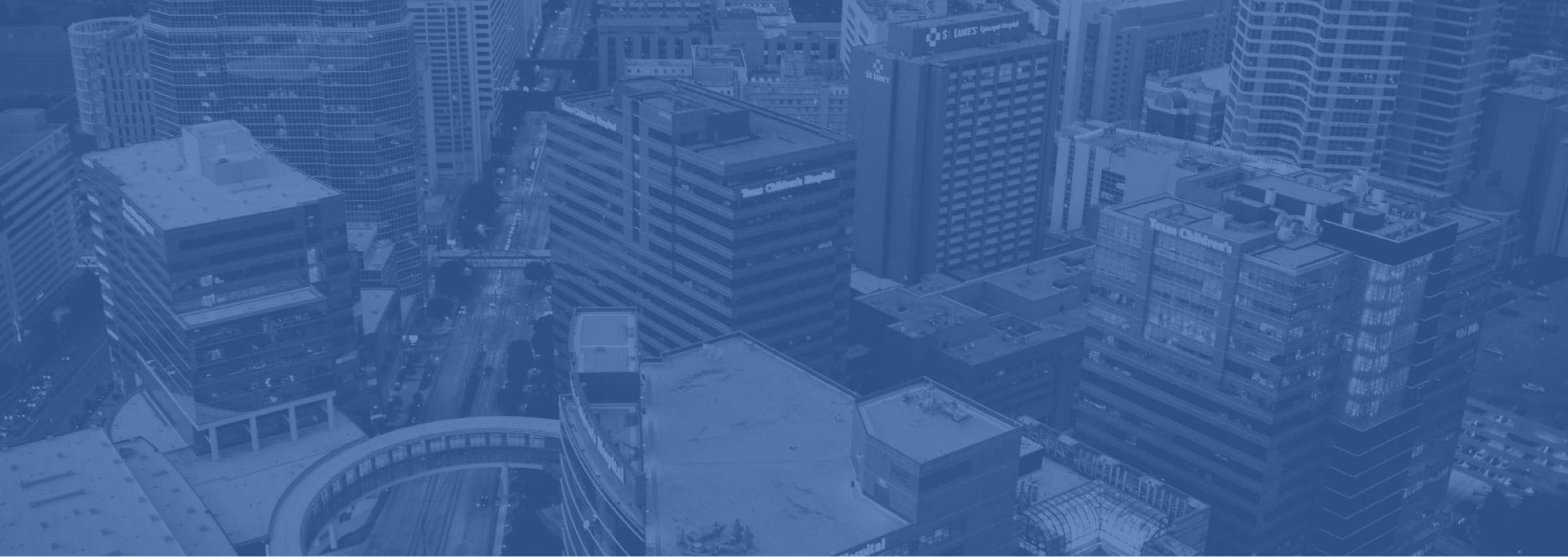When making the decision to receive a nose job, make sure you keep in mind the adjustments you will need to make in the days and weeks following your procedure. Plastic surgery is a process and recovering from your rhinoplasty will require making some temporary sacrifices and precautions while your body heals. Fortunately, you can start enjoying your new and improved nose in a matter of weeks, so long as you follow your post-op instructions and receive top-notch care from qualified medical professionals.
At Eisemann Plastic Surgery Center, we take care of our patients starting from the moment they step into our office and continuing throughout the duration of their recovery. We understand how daunting undergoing surgery may be, which is why our care team will personally guide you through every step of the process. Receiving a nose job is a rewarding experience with life-changing results that are personalized according to your unique preferences. If you are thinking about a rhinoplasty procedure or have one scheduled in the near future, make sure you adequately prepare yourself by keeping these simple tips in mind.
1. Prepare for One to Two Weeks of Downtime
Like any surgical procedure, rhinoplasty requires you to set aside some time to focus on your recovery. On average, most rhinoplasty patients return to work and resume their normal schedule after seven to 10 days. You should plan on taking at least one week off from work. If you have children or other important responsibilities that require your constant attention, make sure you seek out a helping hand from a friend or family member so you can make your rhinoplasty recovery your priority.
If living an active lifestyle is part of your regular routine, plan on waiting at least three weeks before resuming exercise. Not only do sports and other activities increase the risk of trauma to your new nose, but exercise also takes your body’s focus off of healing your nose, potentially prolonging your recovery. While you may be tempted to head back to work or hit the gym quicker than expected, make sure you take your rhinoplasty recovery seriously for the best results.
2. Sleep with Your Head Elevated
Bleeding and swelling are two of the most common side effects of a nose job. You can expect your nose to bleed for the first 24 hours or so. Swelling will be at its worst for the first couple of weeks but should mostly subside within the first month. In order to minimize side effects and ensure a swift recovery, sleep with your head elevated for at the least the first few nights. Doing so will ensure fluids do not get trapped around your nose while you sleep, in addition to preventing contact between your nose and the pillow.
3. Drink Plenty of Water
While it may sound contradictory, drinking plenty of water will actually help your body drain excess fluids and alleviate some of your post-op swelling. Allowing yourself to become dehydrated triggers your body’s precautionary water retention response. Make sure you keep yourself well-hydrated in the weeks following your procedure so you can eliminate your swelling and get to enjoying your results that much sooner.
4. Maintain a Healthy Diet
Eating a healthy diet full of fruits and vegetables can also play an important role in your recovery. Unlike processed foods, fruits and veggies are naturally low in sodium. Filling up on natural ingredients will keep your sodium intake low and your swelling down to a minimum. If you are especially partial to spicy food, plan on taking a break from the heat for several weeks. Your nasal passages will be congested for six to eight weeks and eating foods with a high spice factor will only aggravate your sensitive and vulnerable nasal tissue.
5. Avoid Blood Thinners
Avoiding blood thinners is essential not just after your surgery but before it as well. Blood-thinning medication, such as aspirin and prescription-based medication, decreases your body’s ability to clot and can lead to potential complications during and after your procedure. In order to prevent excessive bleeding during surgery and minimize any post-op bleeding, stop taking blood thinners at least two weeks before and after your procedure. Be sure to talk to your doctor first if you are required to take blood thinners before stopping your use of any medication.
6. Follow Your Surgeon’s Post-Op Instructions
In order to experience the most successful and comfortable rhinoplasty recovery possible, the best advice is always to follow your surgeon’s post-op instructions. Like a nose job, every rhinoplasty patient is different. Due to the personalized nature of all rhinoplasty procedures and every patient’s unique anatomy, your recovery may look completely different than someone else’s. Your surgeon will provide you with specific instructions that ensure you remain comfortable while you heal.
Should you ever have any questions before your procedure or throughout your recovery, be sure to contact your plastic surgeon right away.
Meet Dr. Michael Eisemann: Your Rhinoplasty Surgeon
At Eisemann Plastic Surgery Center, Houston Plastic Surgeon Dr. Michael Eisemann proudly performs rhinoplasty procedures for his patients. With triple board certification, over three decades of experience and a priority on patient satisfaction, let Dr. Eisemann be your first and only choice to bring your dream nose to life. Call us today at 713-790-1771 to schedule your consultation and learn more.

